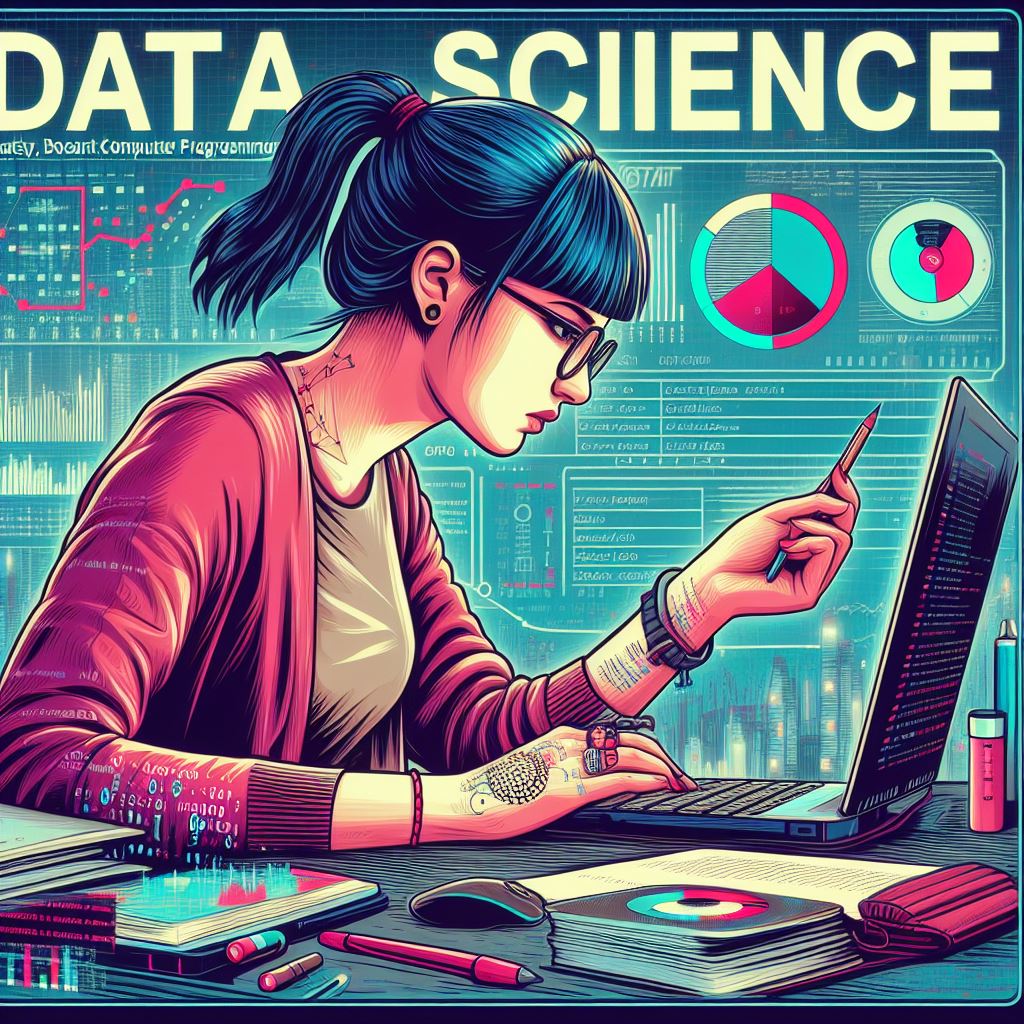As we approach 2025, the field of Machine Learning (ML) is poised for a transformative shift. With rapid advancements in computing power, data accessibility, and algorithmic sophistication, the future of ML looks promising. In this article, we will explore the trends, technologies, and applications that will shape the ML landscape in the coming years.
1. Increased Automation and Efficiency
In 2025, ML is expected to drive significant improvements in automation across various industries. From manufacturing to healthcare, ML algorithms will optimize processes, reducing human error and improving operational efficiency. Smart automation will go beyond simple task management, enabling machines to adapt to changing environments and autonomously solve complex problems.
2. Enhanced Natural Language Processing (NLP)
Natural Language Processing (NLP) is already a powerful tool for understanding and generating human language, but by 2025, we can expect even more remarkable advancements. With more refined deep learning techniques, NLP models will be able to understand context, tone, and emotion in conversations, making chatbots and virtual assistants much more intuitive and human-like. The ability to process multiple languages seamlessly will break down communication barriers, offering global opportunities for businesses.
3. Edge AI and Decentralized Learning
As the Internet of Things (IoT) continues to expand, edge AI will become a significant trend in the ML landscape. By processing data locally on devices (edge devices), instead of relying on cloud servers, machine learning algorithms will be faster and more secure. In 2025, we’ll see the widespread adoption of decentralized learning systems where devices communicate and share insights without sending all data to centralized servers, reducing latency and enhancing privacy.
4. ML in Healthcare: Personalized Medicine
Machine learning will revolutionize the healthcare sector in 2025, especially in the field of personalized medicine. By analyzing genetic data, medical histories, and other personal information, ML algorithms will help doctors tailor treatments to individual patients. This will not only increase the effectiveness of treatments but also reduce healthcare costs by minimizing unnecessary procedures and medications. Predictive models will allow for earlier diagnosis and prevention of diseases, ultimately saving lives.
5. Ethical AI and Regulation
As ML becomes more integrated into daily life, concerns over its ethical implications will increase. In 2025, we expect a stronger push for ethical AI frameworks and regulations. Governments and industry leaders will work together to create guidelines that ensure ML systems are transparent, accountable, and free from biases. The focus will shift toward building AI systems that can make ethical decisions, providing equitable outcomes for all users.
6. The Rise of Quantum Computing and ML
Quantum computing is still in its infancy, but by 2025, it is expected to make significant strides. This will directly impact ML, allowing for exponentially faster data processing and more complex models. Quantum-powered ML algorithms could unlock solutions to problems that are currently intractable with classical computers, such as simulating molecular structures for drug discovery or optimizing large-scale systems with vast variables.
Conclusion
The future of machine learning in 2025 holds immense potential. From advancements in automation and personalized medicine to the rise of quantum computing, ML will continue to reshape industries and improve the quality of life for people worldwide. As technology progresses, it will be crucial to maintain an ethical approach to AI, ensuring that these innovations benefit everyone.
5
